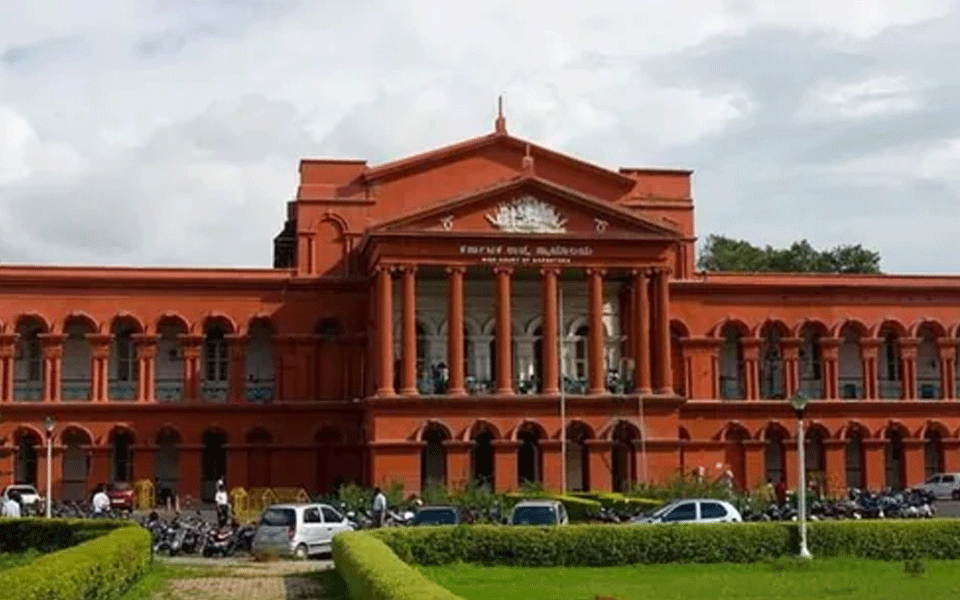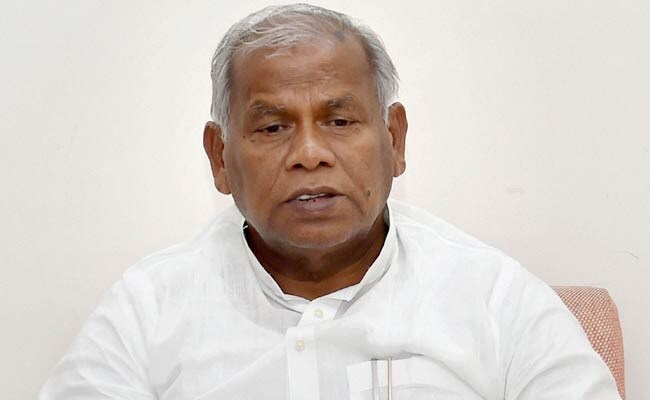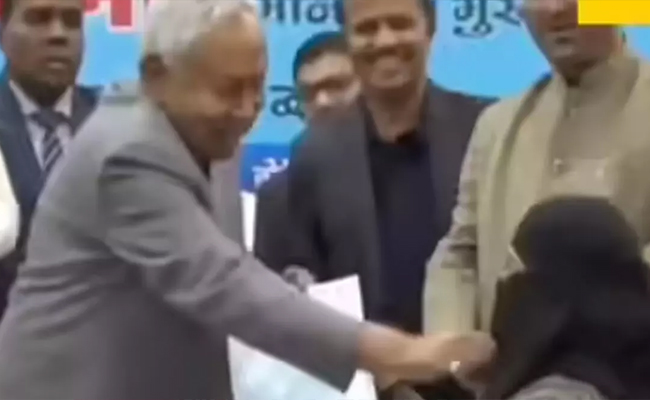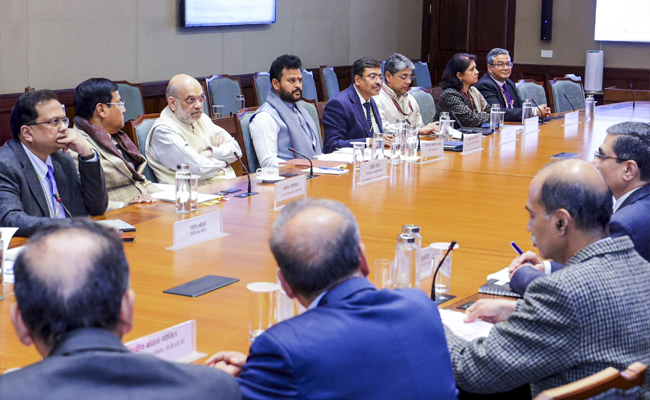Bengaluru (PTI): The High Court of Karnataka has held that both a civil suit and a criminal complaint are maintainable in a case where forged documents were allegedly used to transfer the property of a temple.
Y N Sreenivasa and his wife Suraksha had approached the HC challenging a criminal complaint filed against them by Latha Manjari and her son Y A Chetan Kumar.
It was claimed in the complaint that the husband of Latha -- L N Ashwathama -- and Sreenivasa jointly owned one acre 11 guntas land (40 guntas make one acre).
The Bangalore Development Authority (BDA) acquired this land leaving out 14 guntas.
A temple was built on this land which was managed by Ashwathama and Sreenivasa. Ashwathama died on October 30, 2010.
It is alleged that in 2018, Sreenivasa executed a gift deed of a portion of this land in the name of his wife Suraksha and another portion in the name of his son.
Later, an absolute sale deed was executed by the Trust represented by the husband and wife in favour of their son on March 31, 2018. Allegedly fabricated 'khatha' certificate, fabricated tax-paid certificate were used to register this deed.
A criminal complaint was filed under Sections 419, 420, 468 and 471 of the Indian Penal Code (IPC) in the Sanjay Nagar police station. These are related to cheating, cheating by personation, forgery and using forged documents.
In the HC, Sreenivasa and Suraksha contended that a civil suit over the same issue was pending before a civil court and therefore a criminal case on the same ground could not have been initiated.
However, Justice Suraj Govindaraj said in his recent judgement that both were maintainable.
The petition had also challenged the criminal complaint on the ground that since the sub-registrar was the aggrieved party, only he can file a criminal complaint under Section 177 of the IPC which deals with fabricated documents presented to a civil servant.
The HC however, pointed out that only in respect of Section 177 a complaint has to be filed by a civil servant who is affected. But complaints regarding other sections of the IPC would not be affected.
"A private individual would not be barred from initiating proceedings under Section 419, 420, 468 and 471 of the IPC on account of fabrication having occurred before a sub-registrar, which is a separate offence under Section 177 of IPC," the HC said.
Let the Truth be known. If you read VB and like VB, please be a VB Supporter and Help us deliver the Truth to one and all.
Patna (PTI): A row has erupted in Bihar over a video in which Union minister Jitan Ram Manjhi has purportedly spoken of having "helped" a candidate who was trailing by a narrow margin in an assembly poll.
The video, which seems to have been shot in Manjhi's Lok Sabha constituency of Gaya, has been shared by the opposition RJD-Congress combine, which was drubbed in the recently held elections, as "proof of vote chori" by the BJP-led NDA.
Manjhi, however, said the video was tampered with and shared on social media.
The former Bihar chief minister, who heads the Hindustani Awam Morcha, can be heard speaking of an incident involving Tikari assembly segment, which his party's candidate Anil Kumar had won in 2020 but lost to RJD in the assembly polls held last month.
ALSO READ: Doctor whose naqab was removed by Nitish Kumar will join duty in Bihar: Official
Speaking in the local dialect Magahi, the octogenarian can be heard saying, "the candidate was trailing by 2,700 votes in the 2020 assembly polls. He called me up, and I telephoned the official concerned. Finally, he was declared the winner".
PTI could not independently verify the authenticity of the video.
"This time, the candidate lost by 1,600 votes. But instead of contacting me, he chose to concede defeat. The then DM of Gaya, who is now posted in Tripura, telephoned me to enquire what went wrong this time. I could have done nothing when the candidate chose to return home without contacting me", Manjhi can be heard as saying in the video.
The RJD, which may have wrested Tikari but has suffered a crash in its tally to only 25 from 75 five years ago, shared the video on its official X handle, claiming it as "the truth of the artificial popularity of Prime Minister Narendra Modi".
The opposition party alleged that Modi, aided by the Election Commission, had made in the recent elections, "an unsuccessful attempt at political assassination of our young and revolutionary leader Tejashwi Yadav".
Bihar Congress spokesman Asit Nath Tiwari echoed the sentiments and alleged, "Union home minister was all fire and brimstone inside Parliament recently while reacting to allegations of vote theft. Now, the confession of his cabinet colleague suggest that what is taking place is not vote chori but vote dacoity".
However, Manjhi came out with an angry post on his X handle claiming "a video of mine has been tampered with and shared on social media by those who think they can defame a son of a Musahar (a Mahadalit community)"
"I want to tell all such people that Manjhi has now become a brand. He is not going to be scared of anyone", added the Union minister.
When Bihar minister and former state BJP president Dilip Jaiswal was asked about the controversy, he said, "I have seen the unedited video. Manjhi was speaking about counting of votes having been stalled for several hours in 2020, after his candidate was trailing in the penultimate round by a small margin. After counting of votes was over, the candidate was declared".





